Your cart is currently empty!
Tag: NaturalFertilizers

Cannabis cultivation holds significant potential for soil conservation, yet it is largely overlooked in sustainable agriculture. Known for its deep root systems, cannabis improves soil structure, aerates the soil, and enhances nutrient retention. Techniques like companion planting and using natural fertilizers contribute to pest control and enrich soil health. As a cover crop, cannabis can…
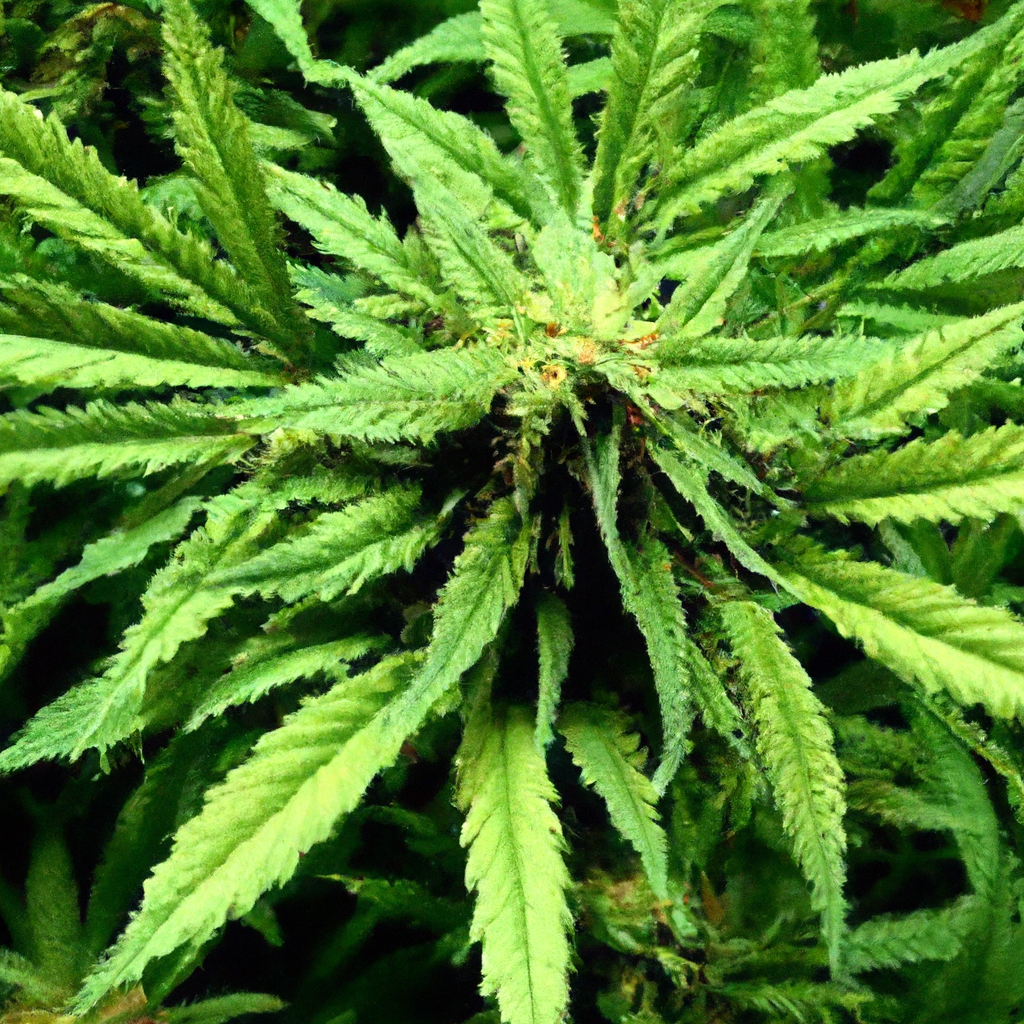
Embracing organic cultivation in cannabis farming promotes a healthier product and aligns with environmental sustainability. By avoiding synthetic chemicals, growers use natural fertilizers like compost, bone meal, and fish emulsion to enhance soil vitality. Natural pest control through beneficial insects, neem oil, and companion planting protects plants without harmful pesticides. Sustainable practices such as crop…
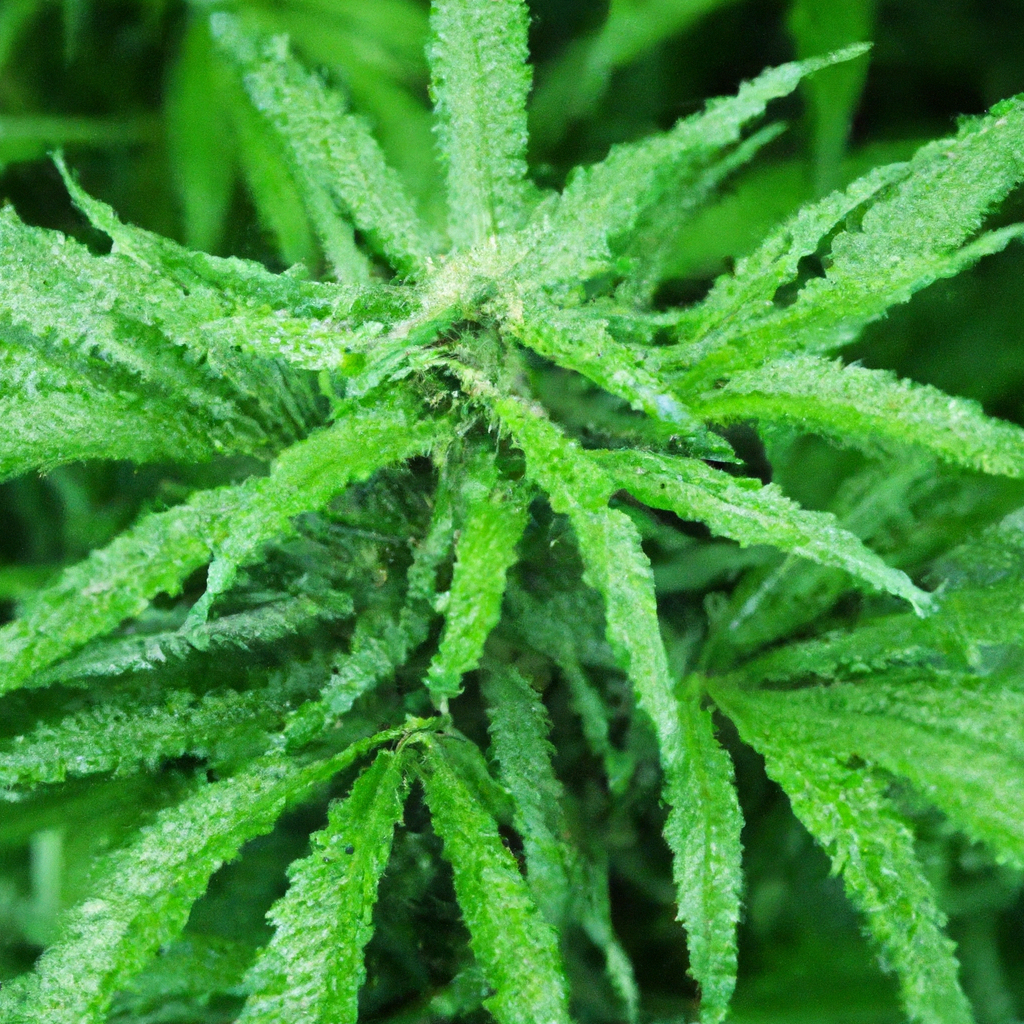
Organic cannabis cultivation is gaining traction for its cleaner and more sustainable approach to growing crops. By utilizing natural fertilizers, fostering healthy soil ecosystems, and employing organic pest control methods, growers can produce high-quality yields while benefiting the environment. This blog post explores best practices such as using compost, worm castings, and kelp extracts for…
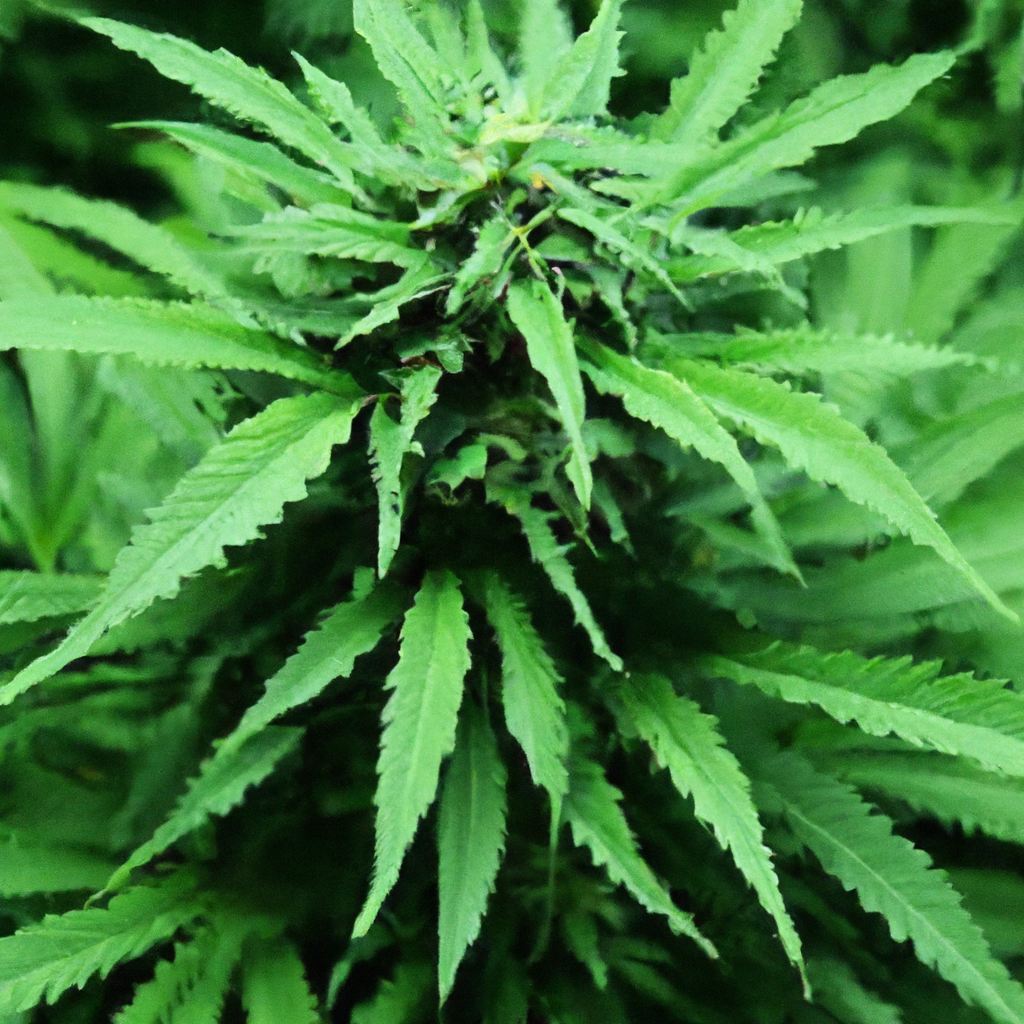
Organic cannabis cultivation is a sustainable approach that enhances both environmental health and product quality. This guide explores best practices for organic growing, focusing on natural fertilizers, compost, and eco-friendly pest control. By nurturing a thriving soil ecosystem without synthetic substances, growers can produce superior cannabis rich in terpenes and flavonoids. Techniques such as companion…
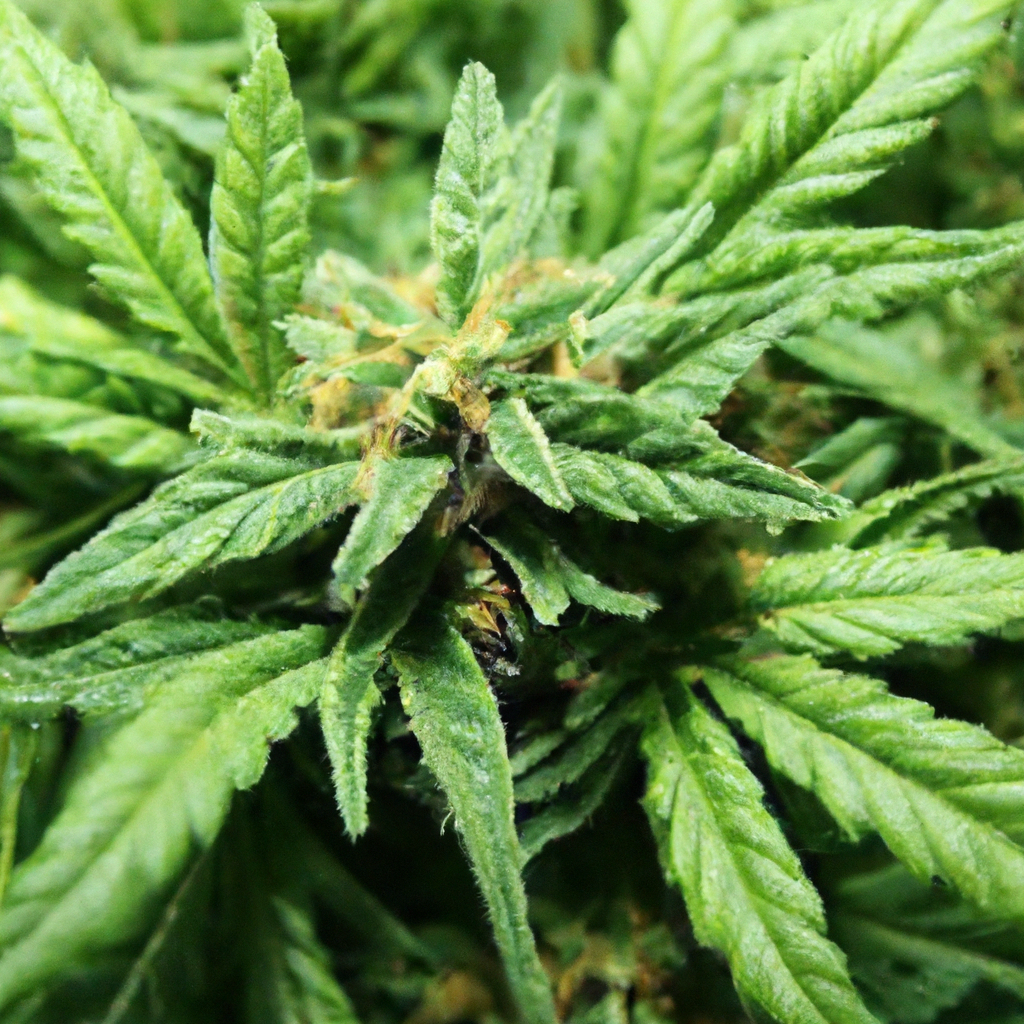
Growing cannabis organically is a commitment to quality and environmental responsibility. By using natural fertilizers, compost, and eco-friendly pest control, you can produce healthier plants while reducing your environmental impact. This guide offers best practices for organic cultivation, emphasizing the importance of building a healthy soil ecosystem and avoiding synthetic chemicals. Benefits include reduced pollution,…
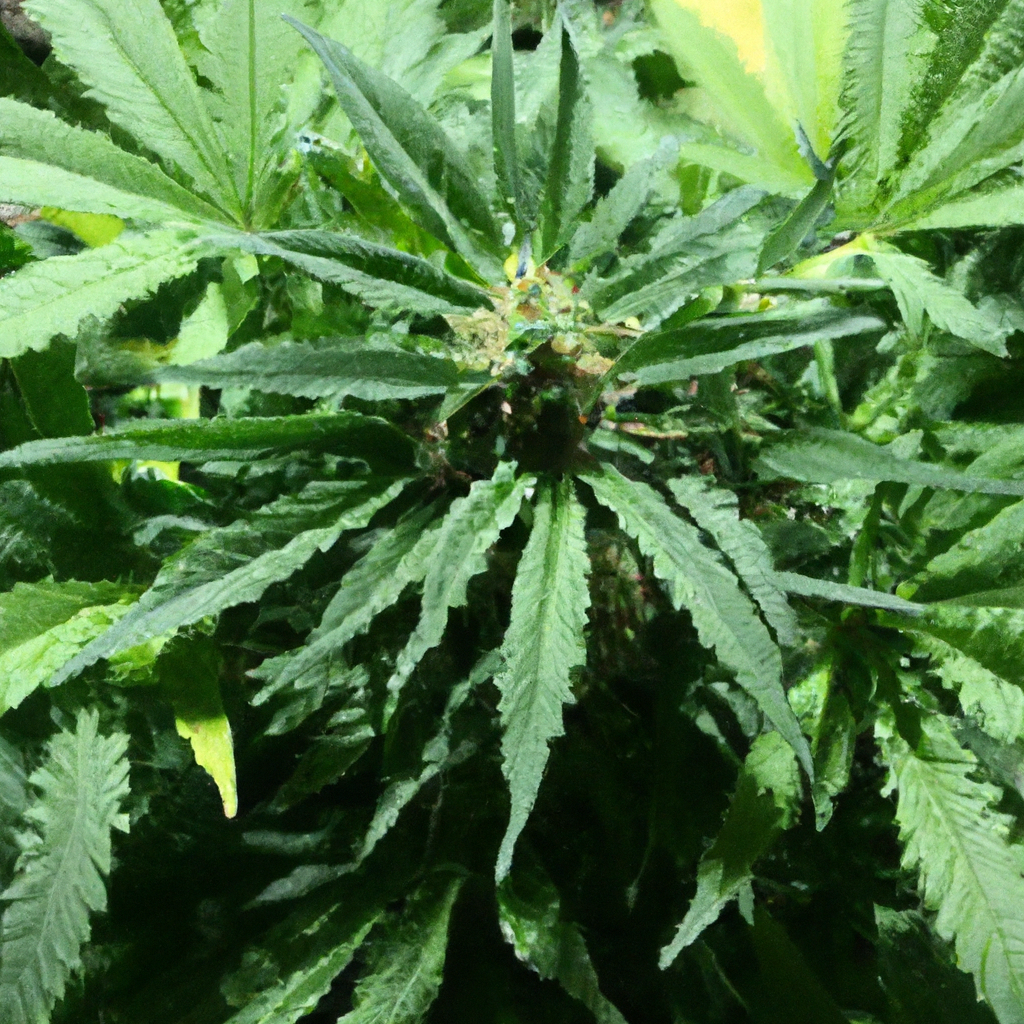
The demand for organic cannabis is growing as consumers recognize the environmental and health benefits of natural cultivation. Embracing organic practices enhances plant flavor and potency while promoting ecological balance. Key strategies include building robust soil ecosystems using compost and mulch, opting for natural fertilizers like worm castings and bone meal, and applying eco-friendly pest…
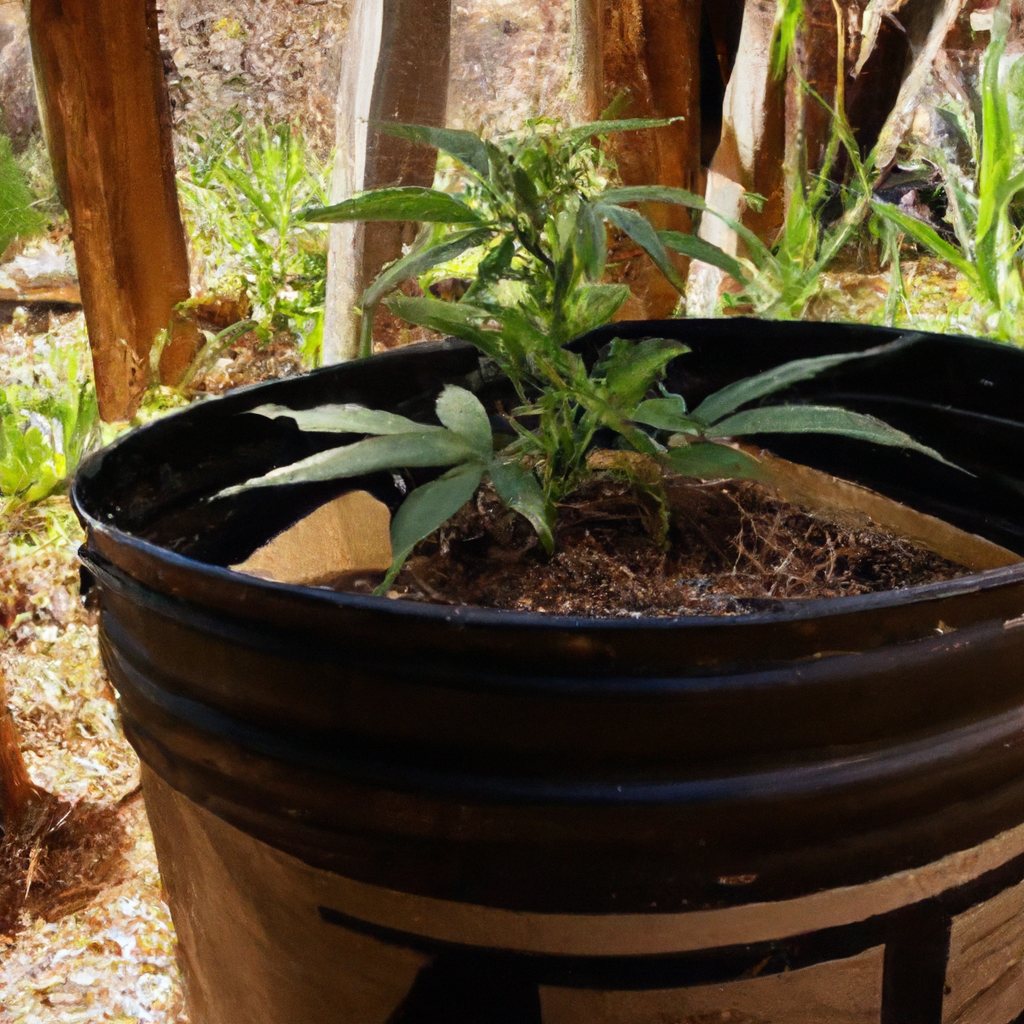
With the rising demand for environmentally friendly cannabis, more cultivators are adopting organic growing practices. This approach ensures sustainability and enhances cannabis quality and potency. Key methods include building healthy soil through composting and cover crops, using natural fertilizers like fish emulsion and bone meal, and implementing eco-friendly pest control with beneficial insects and neem…
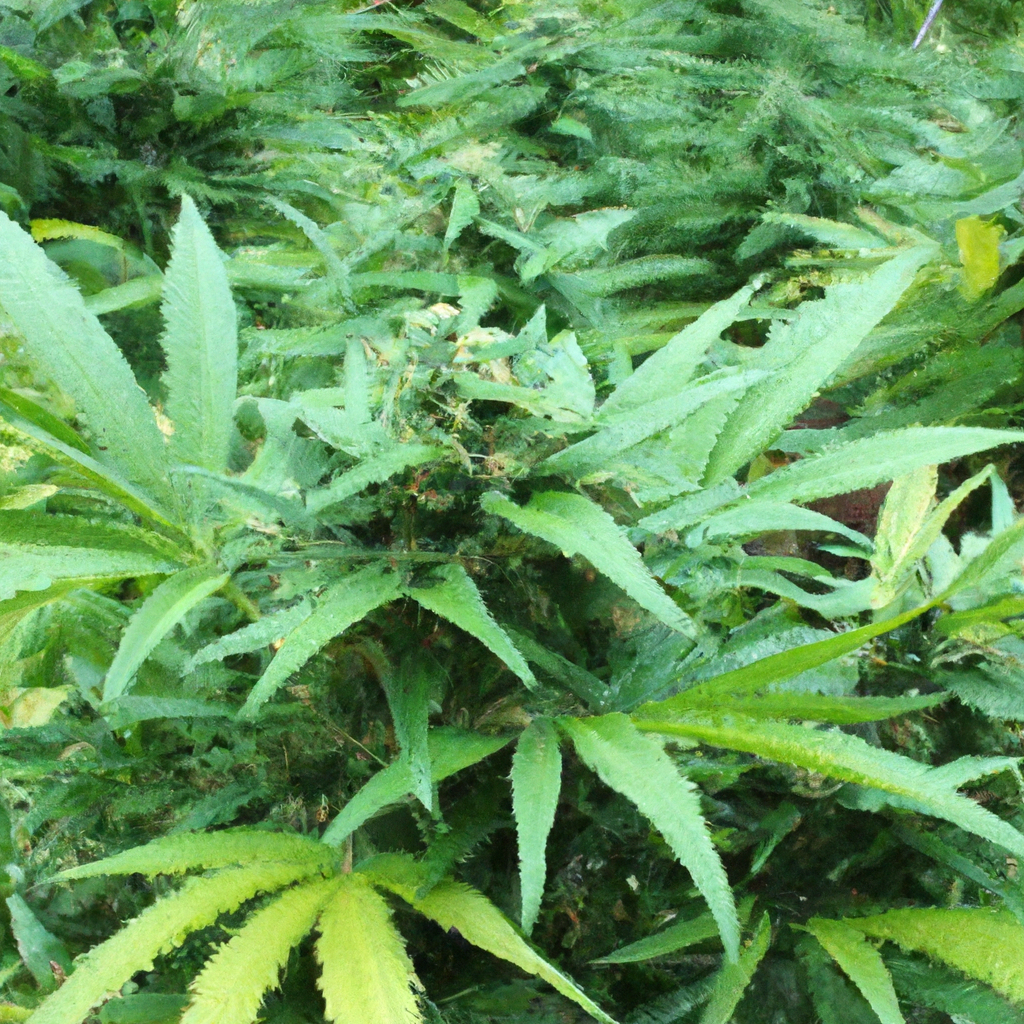
The cannabis industry’s shift towards organic cultivation methods highlights a commitment to sustainability and quality, benefiting both the environment and consumers. This guide explores best practices such as building a robust soil ecosystem with composting, mulching, and companion planting, as well as nurturing plants with natural fertilizers like manure and fish emulsion. For pest control,…
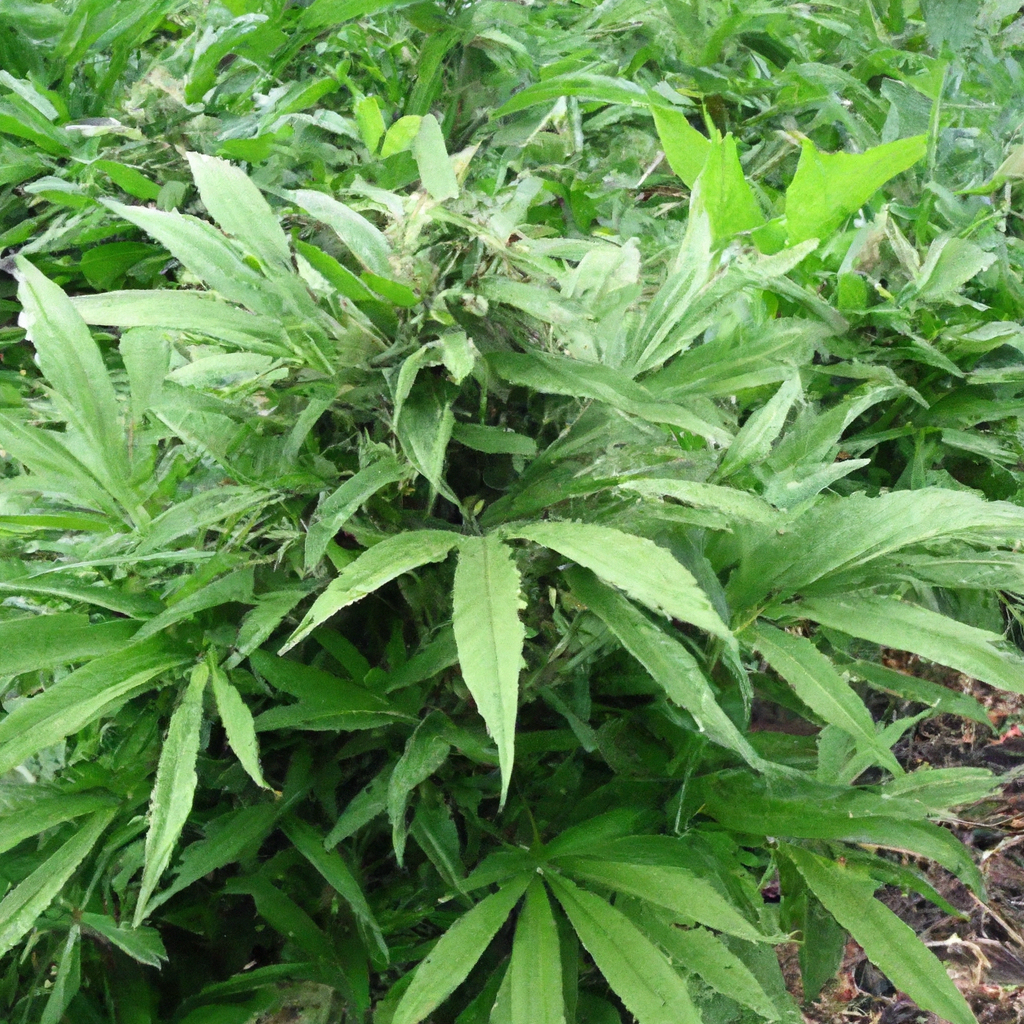
As cannabis demand increases, organic cultivation methods are favored for their environmental benefits and superior product quality. This guide emphasizes building healthy soil ecosystems with compost and mulching, using organic fertilizers such as fish emulsion and bone meal, and implementing natural pest control through companion planting and beneficial insects. Organic practices not only reduce chemical…
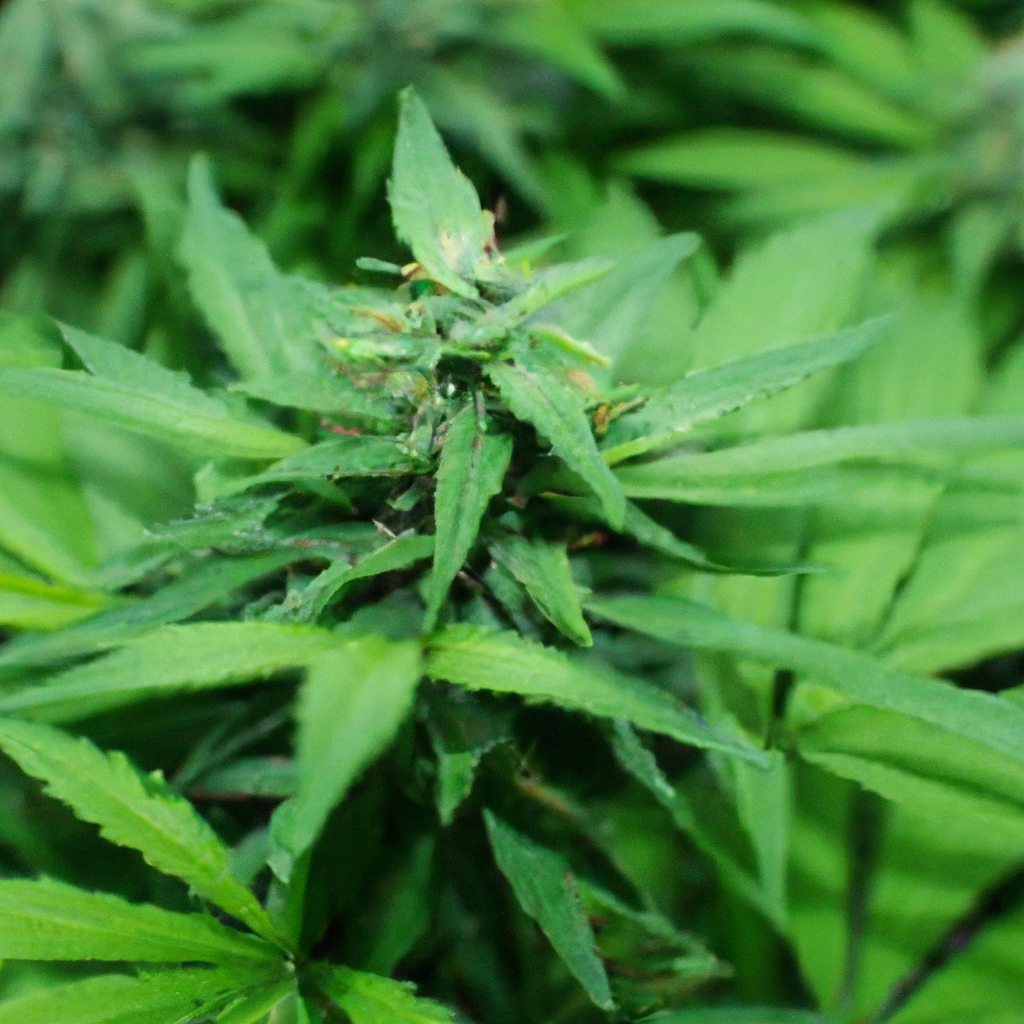
Organic cannabis cultivation promotes natural growth through eco-friendly practices, enhancing both environmental health and product quality. This guide highlights essential techniques such as using natural fertilizers, composting, and sustainable pest control, all of which contribute to robust plant health. Key components include building a thriving soil ecosystem through composting, cover cropping, and mulching; nurturing growth…
